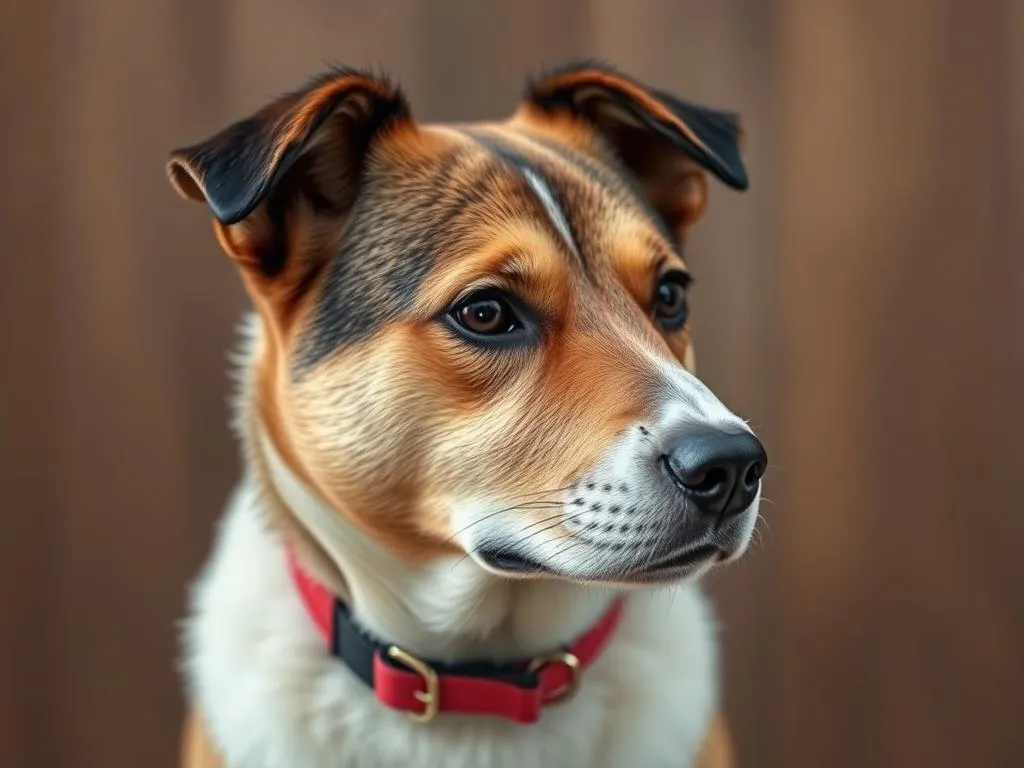
As pet ownership continues to grow in popularity, many owners are increasingly drawn to unique and culturally rich names for their pets. Korean dog names have emerged as a favorite choice for many pet parents, reflecting a blend of tradition, significance, and creativity. Choosing the right name is crucial as it can influence your pet’s identity and your bond with them. This article will explore the cultural significance behind Korean names, popular naming themes, and provide a comprehensive list of names along with tips for training and avoiding common mistakes.
Understanding Korean Culture and Its Influence on Dog Naming
Overview of Korean Culture
Korean culture is a rich tapestry woven from thousands of years of history. With influences from Confucianism, Buddhism, and shamanism, traditional values still play a significant role in modern Korean society. The arts, cuisine, and language reflect this heritage, making Korea a vibrant place to explore. This cultural richness extends to the way names are chosen, often reflecting nature, virtues, or familial connections.
The Importance of Names in Korean Society
In Korean culture, names carry deep meaning and significance. A name is not just a label; it often reflects the personality traits, aspirations, or characteristics of the individual. This tradition has also spilled over into the realm of pet names, where owners choose names that resonate with their dog’s personality or physical attributes. A well-chosen name can reflect affection and hope, creating a deeper connection between pet and owner.
Popular Themes in Korean Dog Names
Nature-Inspired Names
The beauty of Korea’s landscapes and its flora and fauna often inspire dog names. Names like Bokkeum (볶음), which means “stir-fried,” may evoke thoughts of vibrant fields, while Chorok (초록), meaning “green,” reflects nature’s lushness. These names not only have a pleasant sound but also connect your pet to the natural world.
Cultural significance is found in names like Ggot (꽃), meaning “flower,” which embodies beauty and tenderness, making it a lovely choice for a gentle dog.
Food-Inspired Names
Korean cuisine is known for its rich flavors and variety. Many dog owners find inspiration from their favorite dishes. Names such as Banchan (반찬), referring to side dishes, or Kimchi (김치), a staple of Korean meals, can add charm and humor to your pet’s identity.
These names come with fun stories; for instance, calling your dog “Tteokbokki” (떡볶이), a popular street food, can be a delightful conversation starter. It also hints at your love for food, creating a fun bond with your pet.
Names from Korean Mythology and Folklore
Korean mythology is rich with characters and stories that can provide inspiration for dog names. Names like Dangun (단군), the legendary founder of Korea, or Gumiho (구미호), a mythical nine-tailed fox, can be unique choices that reflect strength or cunning.
These names often carry traits associated with the characters, making them ideal for dogs that embody these qualities. For example, a clever dog may suit the name Gumiho, while a strong protector might be called Dangun.
Names Based on Personality Traits
Another popular theme in Korean dog names is choosing names based on personality traits. Words like Miso (미소), meaning “smile,” or Bada (바다), meaning “ocean,” can reflect the dog’s cheerful disposition or calm nature, respectively.
These names not only resonate with your dog’s character but also serve as a daily reminder of their unique qualities and the joy they bring to your life.
How to Choose the Perfect Korean Dog Name
Consider Your Dog’s Breed and Personality
When choosing a name, consider your dog’s breed and personality. A large, imposing breed might suit a name like Taeyang (태양), meaning “sun,” reflecting their strong presence. In contrast, a small, playful dog could be aptly named Choco (초코), reminiscent of sweetness.
Matching the name to your dog’s characteristics can make it feel more personal and meaningful.
Length and Pronunciation
The length and pronunciation of a name are essential factors to consider. Shorter names, typically one or two syllables, are easier for dogs to recognize and respond to. Names like Mimi (미미) or Nari (나리) are not only cute but also practical for training.
It’s important to choose a name that is easy to call out, especially when you’re in a park or busy environment.
Involving Family Members
Involving family members in the naming process can make it a fun and inclusive activity. Gather everyone and brainstorm ideas. This approach not only helps in reaching a consensus but also fosters a shared bond with your new pet.
Consider creating a shortlist of names and then voting on the final choice. This way, everyone feels a sense of ownership over the name.
List of Popular Korean Dog Names
Male Dog Names
- Jin (진) – Meaning “precious,” this name reflects the special bond between you and your pet.
- Hwan (환) – Meaning “bright” or “shining,” suitable for a lively dog.
- Bong (봉) – Meaning “peak” or “mountain,” ideal for a strong and adventurous dog.
- Soo (수) – Meaning “excellent,” a great choice for a well-behaved dog.
- Dae (대) – Meaning “great,” fitting for a large or noble breed.
Female Dog Names
- Yuna (유나) – Meaning “to allow” or “to be free,” perfect for a spirited dog.
- Sora (소라) – Meaning “conch shell,” symbolizing beauty and uniqueness.
- Nari (나리) – Meaning “lily,” representing purity and elegance.
- Miso (미소) – Meaning “smile,” ideal for a cheerful companion.
- Bora (보라) – Meaning “purple,” a lovely choice for a dog with a unique personality.
Unisex Dog Names
- Nari (나리) – Meaning “lily,” suitable for any gender.
- Choco (초코) – Inspired by chocolate, perfect for a sweet-natured dog.
- Tae (태) – Meaning “great” or “big,” suitable for any breed.
- Haru (하루) – Meaning “day,” a cheerful name for any dog.
- Mong (몽) – Meaning “dream,” reflecting the joy of having a pet.
Tips for Training Your Dog with a Korean Name
Consistency in Use
Consistency is key when training your dog, especially when using a name. Incorporate your dog’s name in commands and praise to reinforce recognition. For instance, when calling your dog, say, “Choco, come here!” This will help your dog associate their name with positive experiences.
Positive Reinforcement
Using treats and praise effectively can enhance your dog’s training experience. When your dog responds to their name, reward them with a treat or affection to reinforce this behavior. Positive reinforcement builds a strong connection and encourages your dog to respond consistently.
Consider activities like calling your dog’s name during playtime or training sessions to create a joyful association with their name.
Common Mistakes to Avoid When Choosing a Dog Name
Overly Complicated Names
Avoid names that are too complex or hard to pronounce. Lengthy names can confuse dogs and make it difficult for them to recognize their names. Instead, opt for straightforward names that are easy to call out, such as Mimi or Bada.
Using Names Similar to Commands
Choosing a name that sounds similar to commands can lead to confusion during training. For instance, names like Kit may be mistaken for the command “sit.” It’s best to select a name that is distinct from common commands to ensure clarity when training.
Forgetting the Name’s Meaning
Understanding the cultural and personal significance of your chosen name is essential. A name with a meaningful background can deepen your bond with your pet. Research the meanings behind the names you consider to ensure they resonate with you and your dog’s personality.
Conclusion
Choosing the right Korean dog name is not just about the sound; it’s about the meaning and the connection it fosters between you and your pet. Embracing cultural diversity in pet naming enriches your experience as a pet owner and allows you to express your love for your furry friend in a unique way. Whether you opt for a nature-inspired name, a food-themed name, or a name reflecting personality traits, the right choice can enhance your bond with your beloved pet.









